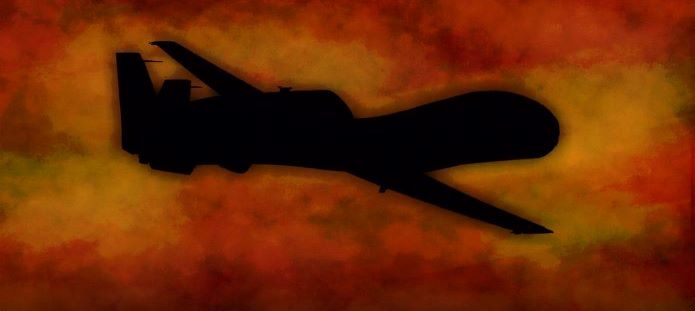PS329 - Secrecy Surveillance and Democracy
This course explores the impacts of secrecy and surveillance on the exercise of democracy. How do secrets affect the governed and the state? How does surveillance affect the watcher and the watched? Is informed consent possible in a national security state? Who defines national security? Who benefits from the definition? How are civil rights safeguarded, and how is privacy redefined? How do secrecy and surveillance, in the digital age influence the practice of journalism and the exercise of citizenship?
1 unit — Alters, Lindau
Previously Featured Offering

Offerings
| Term | Block | Title | Instructor | Location | Student Limit/Available | Updated |
|---|---|---|---|---|---|---|
| Spring 2025 | Block 6 | Secrecy Surveillance and Democracy | Juan Lindau, Diane Alters | Tutt Library 105 | 32 / 5 | 07/27/2025 |
| Spring 2026 | Block 6 | Secrecy Surveillance and Demo | Juan Lindau, Diane Alters | TBA | 32 / 32 | 07/27/2025 |



